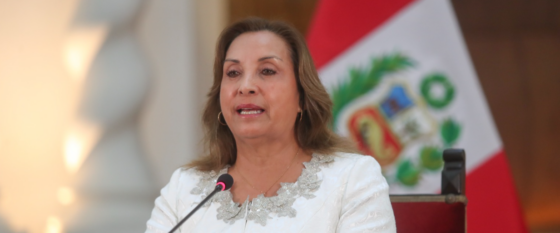
Can Peru’s Boluarte Survive an Illicit Enrichment Probe?
A Latin America Advisor Q&A featuring experts’ views on Peru’s Rolexgate.
A Latin America Advisor Q&A featuring experts’ views on Peru’s Rolexgate.
On April 3, 2024, the Inter-American Dialogue released the memo “Risk Mitigation Efforts for Radicalization and Dynastic Succession in Nicaragua.”
A Latin America Advisor Q&A featuring experts’ views on the investigation into the former Brazilian president’s alleged attempt to overturn his country’s 2022 elections.
While the market inherently lacks the ability to discriminate between democratic and undemocratic regimes, the identification of autocracy as a tangible risk factor is crucial. Investors must recognize that supporting non-democratic regimes ultimately undermines their own interests.
La urgencia de realizar un cambio político en Nicaragua, como resultado de la presión externa y la recuperación del espacio cívico nacional, va más allá de sacar a la dictadura Ortega-Murillo del poder.
Experts views on the delayed inauguration President Arévalo in Guatemala.
In Latin America’s 2024 electoral super-cycle, voters seem likely to reward leaders who address their most fundamental needs—in some cases regardless of whether they value democracy, clean government or the rule of law.
A Latin America Advisor Q&A featuring experts’ views on Lula’s performance in 2023.
In Latin America, trust in democracy takes two paths: Good Governance, meeting citizens’ expectations under the rule of law, and Populism, where a leader perceived as a savior, centralizes power to deliver on promises. This finding was among the key insights revealed during the highly anticipated launch of the 2023 AmericasBarometer.
A Latin America Advisor Q&A featuring experts’ views on the biggest stories to watch for in the region in 2024.
In the midst of democratic decline in the region, young people are emerging as agents of change. Their active participation not only represents a fresh and vibrant voice in regional politics but also offers a new perspective and focus to address the challenges facing the region.
A Latin America Advisor Q&A featuring experts’ views on Peruvian President Dina Boluarte.
On November 6, 2023, the Inter-American Dialogue and Global Americans were pleased to host President-elect Daniel Noboa for a discussion on his domestic and foreign policy priorities.
A Latin America Advisor Q&A featuring experts’ views on the presidential elections in Argentina.
On October 24, 2023, US Ambassador to the Organization of American States (OAS), Francisco Mora, delivered remarks at the Inter-American Dialogue outlining the US vision of a multilateral approach to mobilizing our hemisphere to take on the region’s greatest challenges and opportunities.
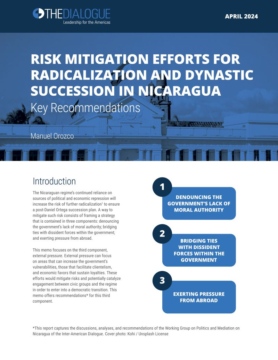

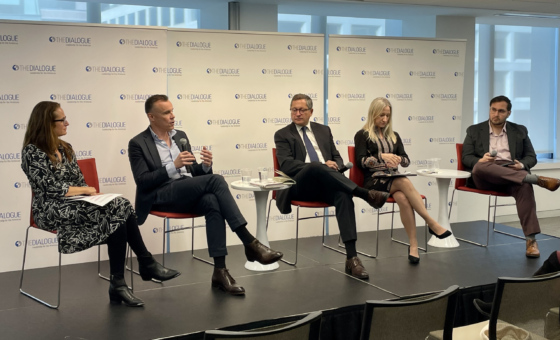 Video
Video
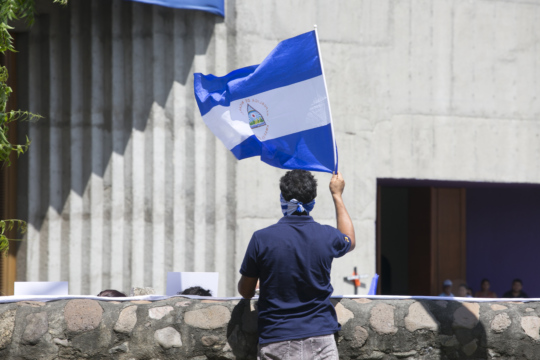
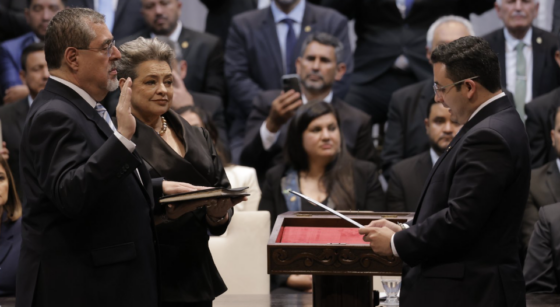
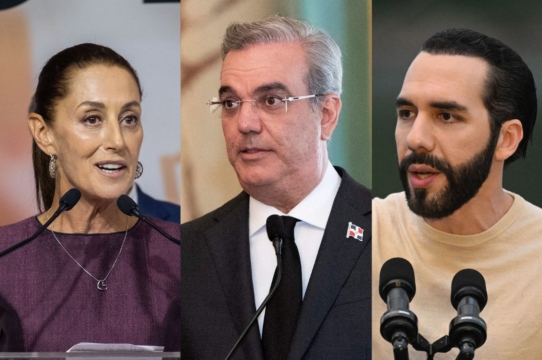
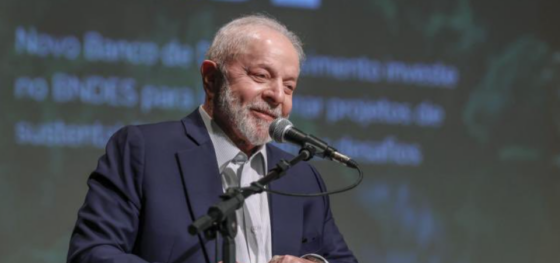
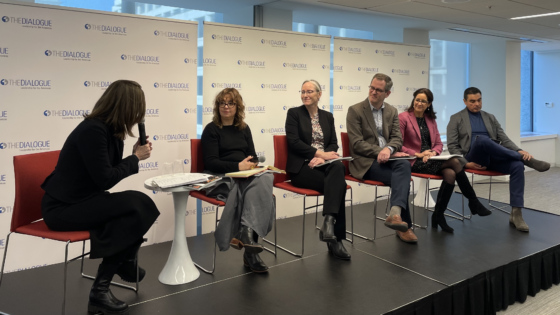 Video
Video
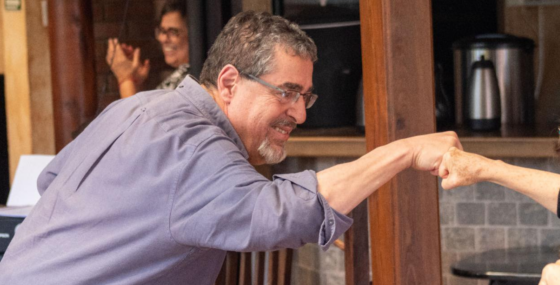
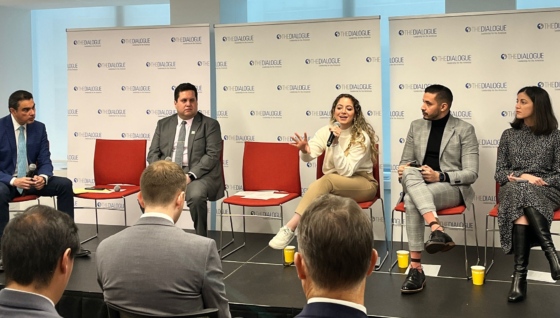 Video
Video
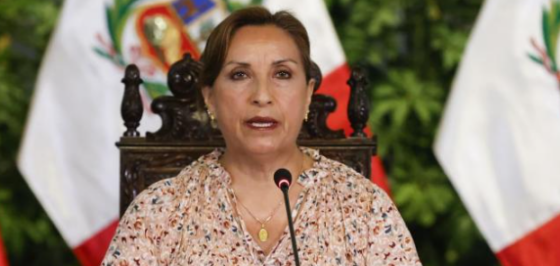
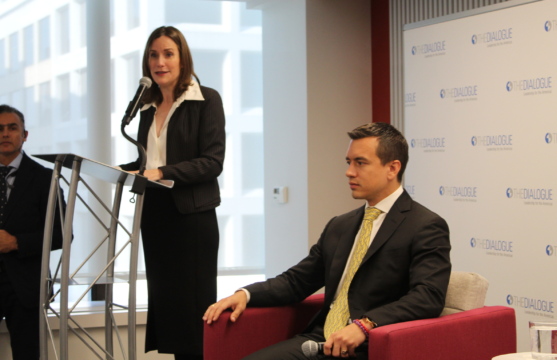
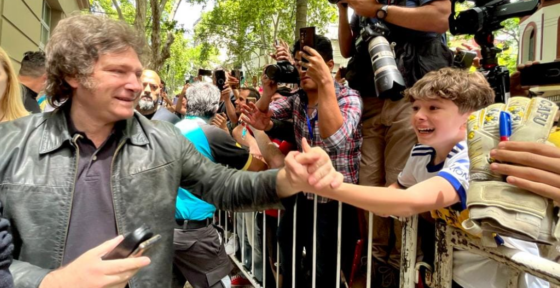
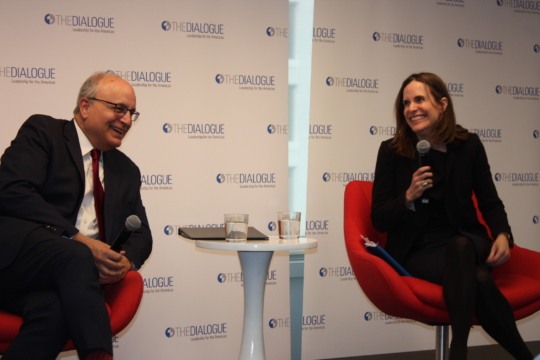 Video
Video